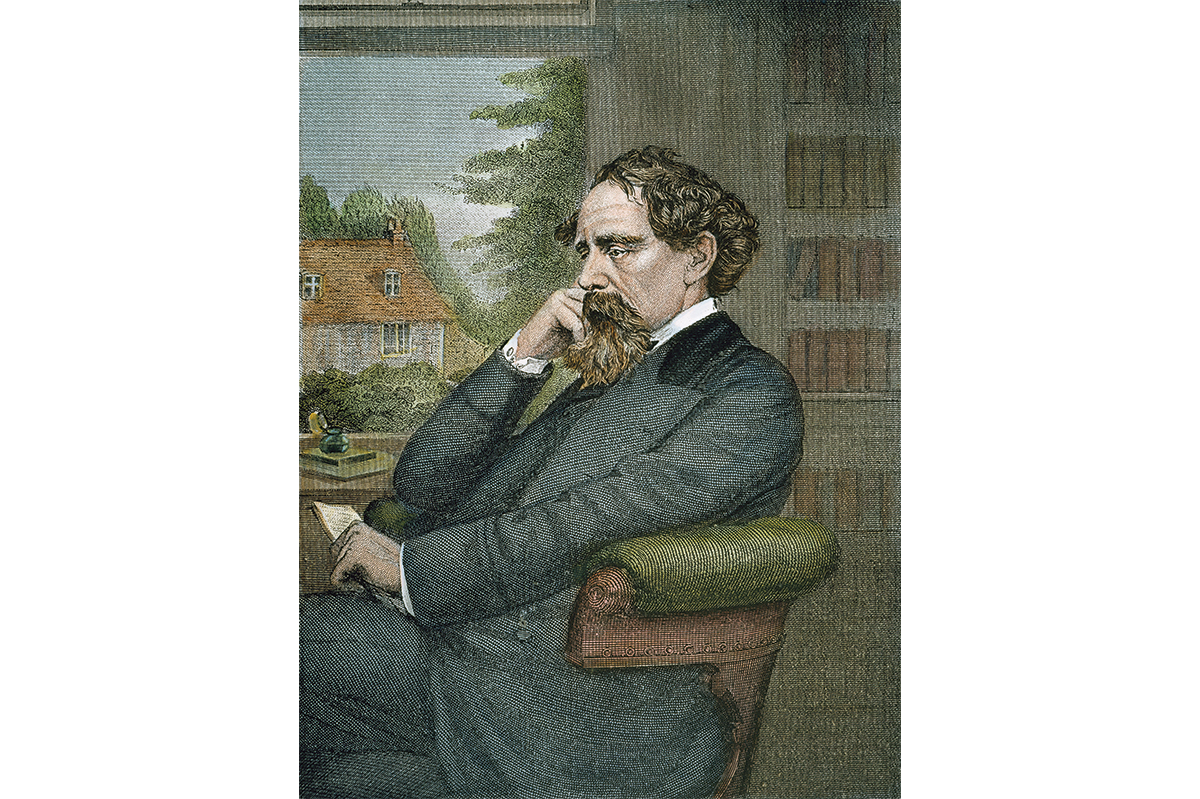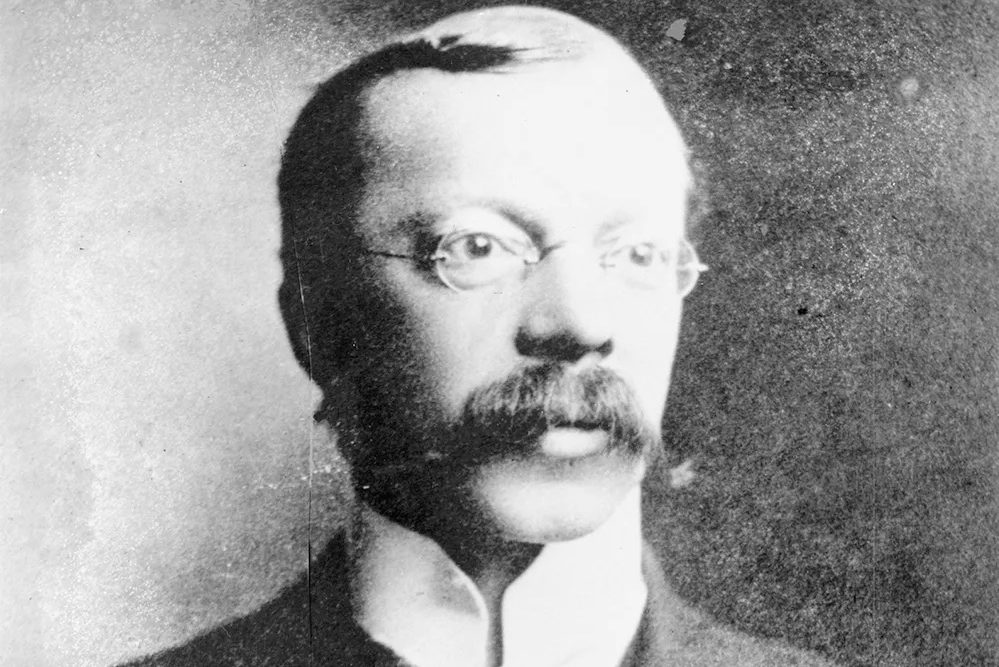Scott Turow’s Presumed Innocent burst into the world in 1987, zinging out of bookstores into bestseller-dom like nobody’s business. It concerned Rusty Sabich, a lawyer who became a suspect in the case he was prosecuting. There were enough twists and turns to satisfy the most Daedalian of labyrinth-makers, and its longevity was demonstrated by its being adapted into a new, Jake Gyllenhaal-starring show last year on Apple TV+. Presumed Guilty’s title plays nicely on its predecessor’s, and also points toward this new book’s consideration of racism within the American justice system.
Sabich is now an old man, nearing his eighties. But boy, is he active. We know this because he likes to canoe while stripped to the waist. He chops wood in the outdoors! He has a (very) active sex life! Whether we believe him about the last — the book is in the first person, though I’m not sure that Turow wants us to think he’s an unreliable narrator — Sabich is essentially an all-American hero, enjoying his last years in as much fullness as he can. (The reader notes that Turow himself is a lawyer, now in his mid-seventies.)
Still bearing the mental scars of the trial he endured decades ago, Sabich became a lawyer in a backwoods place where, as he ruefully notes, good dentistry isn’t necessarily that much of a thing. One of Turow’s strengths is his well-observed attention to slices of rural life: there is, for example, a very amusing put-upon wife who won’t testify because she disagrees with her husband. Do it in court, and she’ll never hear the end of it.
Sabich has shacked up with Bea, a high school principal twenty years his junior, who has an adopted black son called Aaron. There is a local, WASP-y family, the Potters, who vote Republican and do good deeds in the community; Sabich is a Democrat. Partisan politics, though, do not play a role in the plot, instead we are invited to understand the humanity of everyone involved. There is a sense, too, of the sad underbelly of American society. Despite the Potters’ immense wealth, influence and education, one of their scions, Mae, is a druggy dropout. She’s a kind of Laura Palmer, the prom queen who goes bad.
Aaron and Mae have been dating, on and off, since high school. They are a charming couple: when Mae is angry, she urinates on Aaron’s sleeping bag. One weekend they go camping together to discuss their future. But Aaron returns without her, and thus the plot creaks into gear, as it becomes clear that Mae isn’t coming back any time soon. Like Laura Palmer’s death, Mae’s shakes the county, disrupting the smooth world of the Potters, and casting suspicion everywhere.
Turow is a skillful writer, investing tension in the procedural aspects of the trial. The case against Aaron looks terrible. The prosecutor is a friend of the Potters, and all the cards are stacked against Aaron. Until, that is, Rusty Sabich saddles up and takes on the advocacy himself.
Sabich’s defense of Aaron is intensely poignant. He’s an old white man, at the end of his life, protecting a young black man at the beginning of his.
The race element is handled sensitively: there is a great deal of nuance in how the characters treat Aaron, and how Aaron views his role in a largely white world. The trial — and Turow is certainly alive to all the meanings of that word — exerts a huge toll on Sabich, as it does on the Potters and Aaron. It’s this understanding of human nature which lifts the novel above the level of a run-of-the-mill thriller.
Yet the book is not as gripping as its predecessor. The beginning moves very slowly, almost turgidly. Aaron acts in an insanely suspicious manner, which, of course, makes the reader think twice. But the main problem lies in the title itself: if Aaron is presumed guilty, then — well, no spoilers in guessing that he isn’t. Alongside this, the characters come very close to being mere types, and as such, it’s hard to be invested in working out who really dunnit.
Those who are familiar with the machinery of courtroom thrillers will recognize all the elements, popping up in the order in which you’d expect them to. It’s all here: the jokes in court; the apparently strange lines of questioning leading to important revelations; the evidence that can be interpreted in several different ways.
We learn a lot about cell-phone masts and the fibers from nylon ropes, and if you want me to take a quiz on the soles of Nike sneakers, I think I’d ace it. Sabich is a keen operator who knows all the tricks of the trade, and so is Turow.
If Presumed Guilty seems slightly hollow, that may be because it’s all been done before so many times that it’s difficult to be original.
Much has been written about how crime novels are a response to modernism’s attempts to understand personality and truth. How can we know anything about ourselves, when all is in flux? Trials are an attempt to discern the facts, and in the real world they can seem increasingly unstable. Detective novels are supposed to offer certainty. And in Turow’s vision of an America moving away from racism, guided by legal principle, yet imbued with love for humankind, Presumed Guilty certainly fulfills that function.
Turow’s well-oiled novel is certain to find many itself eager readers. Old dog, old tricks, but it’s comforting in its own sweet way.


























Leave a Reply